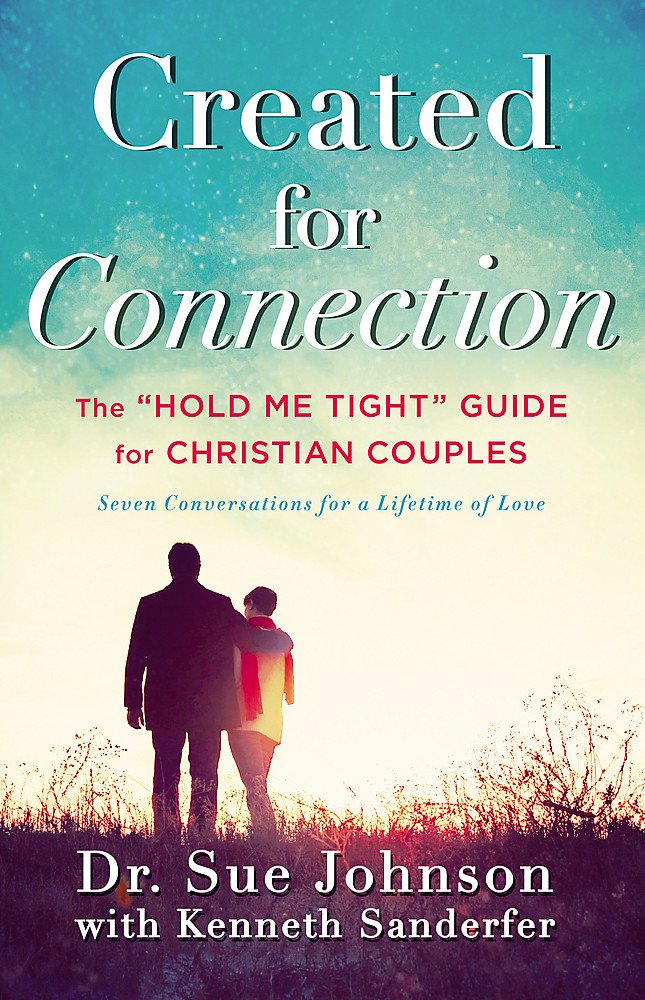In their book Created for Connection, Sue Johnson and Kenneth Sanderfer have helpfully summarized the findings of formal studies about human attachment bonds and how that impacts our love relationships. I quote from pages 29-30 of their excellent book.
Our deepest instinct all through life is to seek out and stay close to a few previous loved ones.
- Contact with these loved ones offers us a safe haven to go to and a secure base to go out from with strength and confidence. Secure connection makes us stronger as individuals.
- Loss of a felt sense of connection with such loved ones is painful and creates a disorienting sense of vulnerability. Disconnection at times of high need can be traumatizing for human beings.
- Emotional accessibility and responsivenes to another’s signals and needs shape secure loving connection. The quality of our emotional engagement is the key element that shapes our love relationships.
- There are only a few simple strategies that we use to connect and deal with perceived disconnection. When we feel safe enough, we can risk reaching for a loved one and asking for our needs to be met. When we feel unsafe, we resort to demanding and controlling or, if we truly expect rejection and desertion, we try to turn away and shut down our needs for connection.
- These negative strategies can shape the very disconnection we are trying to cope with or avoid.
- As adults we can hold loved ones in our minds and find comfort, and we do not always need physical closeness. Adult romantic bonds also have a physical–a sexual–element. Sexuality is part of adult bonding.
- The relationship between God and people of faith can be understood as an attachment bond in which God is a safe haven, a secure base, and the ultimate source of comfort and case.


 Our deepest instinct all through life is to seek out and stay close to a few previous loved ones.
Our deepest instinct all through life is to seek out and stay close to a few previous loved ones.